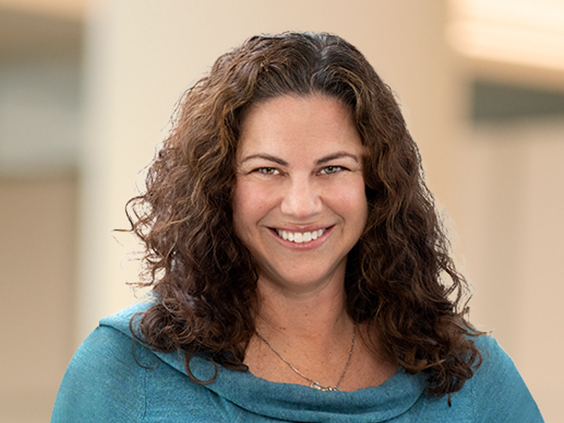Jennifer Garcia, Senior Private Wealth Financial Advisor:
Pay yourself first. Now that you’re in the workforce, there are a lot of things you’re going to want to buy and new expenses that you have. But get in the habit of paying yourself first every month.
John Marshall, Senior Financial Advisor:
Definitely stay in touch with your close friends. We get caught up in life and work and tend to let those great relationships slip by over the years. Tomorrow isn’t promised, so make sure you’re taking advantage of today.
Sarah Schweppe, Senior Financial Advisor:
Some advice I would give my younger self is to build a strong network. Having a good network of friends, colleagues, and former classmates who can motivate you, challenge you, and inspire you to improve will really take you far in your career.
Jennifer Garcia, Senior Private Wealth Financial Advisor:
Oh and one more thing. Try to find a mentor at work. Somebody either in your role or a role that you aspire to be. Interview them. Ask questions. Be curious.
Watch: These experienced financial advisors share what they would tell their younger selves. (0:55)
Credit: Hector Batista
What career advice do you wish you’d gotten when you were first starting out? We asked these experienced financial advisors from Wells Fargo Advisors for honest answers they would tell their younger selves. These four tips, insights, and guidance are great for college graduates entering the workforce or wherever you are on your journey.
1. Pay yourself first.
“Once you know what your budget is, paying yourself should be one of your expenses,” said Jennifer Garcia, a private wealth financial advisor and managing director – investments in Encino, California.
What does it mean to pay yourself first? It’s about prioritizing saving and investing by routing income to designated accounts before paying bills and making other purchases. A great byproduct of this strategy is it can help you limit spending.
Here’s how to do it: After you figure out how much you can set aside, determine if the money will be before-tax dollars from your paycheck to a 401(k), or after-tax dollars that transfers from your checking to a savings account. Garcia recommends making it easy and automatic, “just like paying a bill.”
“Paying yourself should be one of your expenses.”
2. Build a strong network.
Sarah Schweppe, a financial advisor in Charlotte, North Carolina, suggests surrounding yourself with people who have a success mindset. “If you have a network of folks who are motivated, supportive, and encouraging, that can really drive your own personal and professional growth and inspire you to achieve and set your own high standards.”
“Surround yourself with people who have a success mindset.”
Schweppe warns about only taking withdrawals from your networking bank; you’ll want to make deposits too. “Look for opportunities to help and advocate for others,” she said. “It can be a symbiotic relationship that you can carry with you and build over time.”
College can be a great start to your network. “Stay in touch as your contacts move into different industries and careers so you can have a broad and diversified network,” she said.
3. Find a mentor.
Find a position that you aspire to have, or if you’re new in a position, connect with someone who is already in that role, recommends Garcia.
“Interview them, ask questions, be curious.”
So you can learn from them, connect with them on a regular basis. Track your progress so you’re accountable to them and to yourself.
“Interview them, ask questions, be curious,” Garcia said.
4. Stay in touch with friends.
“This is my 25th year as an advisor, and I see people who are doing everything right,” Washington, D.C.-based Financial Advisor John Marshall said. “They save, they invest, they work, they get promotions. Next thing they know, 20 years have gone by, and they’ve lost the great relationships they had from their childhood and college.”
“Just calling friends. That’s the one thing I wished I’d done a better job at.”
Marshall’s career advice is to keep it all in perspective: “People don’t remember the promotions you’ve received, the deals you’ve closed, or the great years you’ve had in the business. However, they do remember the moments you’ve shared and the adventures you’ve had together,” he said. “I’m great at calling clients, but not great at just calling friends. That’s the one thing I wished I’d done a better job at.”
“Now I pick up the phone and say, ‘I just called to check in on my friend to see how you’re doing and what you’re up to.’ That makes both our days.”






